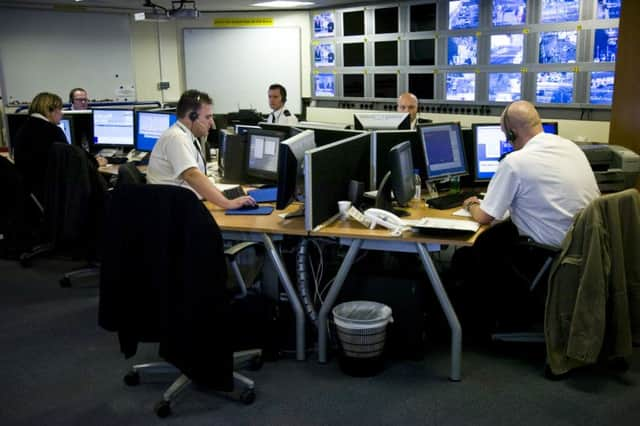Closing control rooms ‘risks another Piper Alpha’


Northern Scotland facilities such as the St Fergus gas plant and Peterhead power station “are vulnerable to terrorist attack” and could be left more exposed if Aberdeen and Inverness control rooms are closed, according to former police control room worker Jody Curtis and Inverness resident Laura Ross.
They called for a review of a decision to close police and fire control rooms north of Dundee at Holyrood’s public petitions committee yesterday.
Advertisement
Hide AdAdvertisement
Hide AdThe number of police control centres is to be cut from 11 to five. Although Inverness is to become a “national hub”, the city will lose its police control room.
The number of fire control centres are being cut from eight to three, in Johnstone, Edinburgh and Dundee.
Fears were also raised about the ability of Dundee control room workers to understand the range of languages and dialects in the north – including Norwegian and eastern European.
Ms Curtis said: “Aberdeen control centre undertakes the security and safekeeping of the Royals on their visits to the north.
“Aberdeen fire and police control rooms and service centres are well versed in the management of emergency procedures in specific locations such as St Fergus and Peterhead power station which may be vulnerable to a terrorist attack or a large-scale disaster.”
She added: “An additional police responsibility in Aberdeen is the North Sea, where over 70,000 personnel work.
“The potential for disasters such as Piper Alpha or terrorist- related incidents is significant.
“It is unlikely that a central system would have the degree of sophistication necessary to address these issues as well as local centres. I would like to remind the committee of the unfortunate number of helicopter incidents, ditching in the North Sea, in recent years.”
Advertisement
Hide AdAdvertisement
Hide AdMs Ross said call handlers in the Central Belt could struggle to understand callers, with locals having difficulties alerting the police or fire service to emergencies.
She said: “The Highlands and Islands cover a landmass larger than Belgium – a third of the total landmass of Scotland.
“Place names are replicated frequently and in many areas are known by two names in Scottish and Gaelic. It can often depend on local knowledge to know which is used in that area.
“We have Gaelic, Orcadian, Norwegian up in Shetland and we have Doric. Combined with all of the regional accents and the large population of eastern Europeans, our main concern is why is this control room being proposed to go to Dundee, which has one of the strongest regional dialects in Scotland?”
The Scottish Fire and Rescue service’s board has stated that the changes would provide a “robust, resilient and fit for purpose” solution for fire control in Scotland.
The MSPs agreed to take the matter forward and liaise with Holyrood’s justice committee.
SEE ALSO